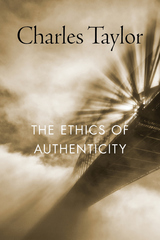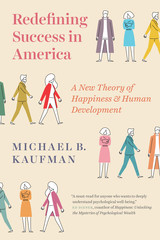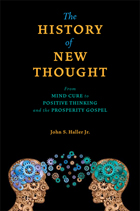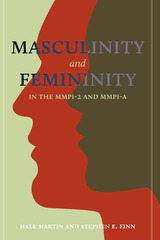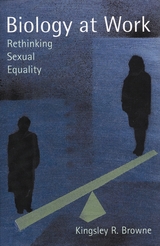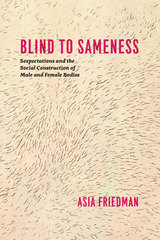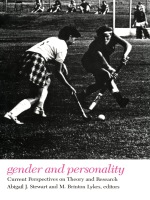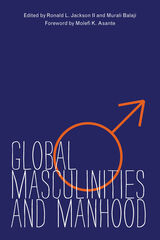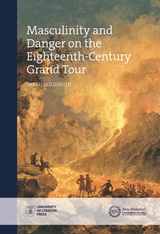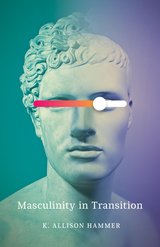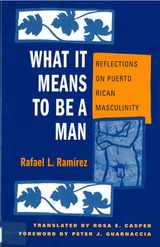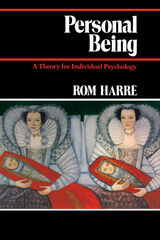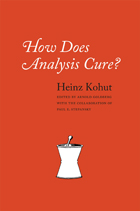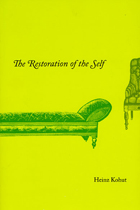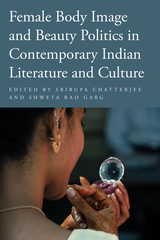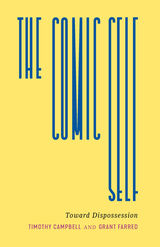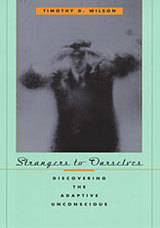Masculinity and Danger on the Eighteenth-Century Grand Tour
University of London Press, 2020
Cloth: 978-1-912702-21-3 | Paper: 978-1-912702-22-0
Library of Congress Classification BF692.5.G578 2020
Dewey Decimal Classification 305.31094109033
Cloth: 978-1-912702-21-3 | Paper: 978-1-912702-22-0
Library of Congress Classification BF692.5.G578 2020
Dewey Decimal Classification 305.31094109033
ABOUT THIS BOOK | AUTHOR BIOGRAPHY | REVIEWS | TOC
ABOUT THIS BOOK
The Grand Tour, a customary trip through Europe undertaken by British nobility and wealthy landed gentry during the seventeenth and eighteenth centuries, played an important role in the formation of contemporary notions of elite masculinity. Through an examination of testimonies written by Grand Tourists, tutors, and their families, Sarah Goldsmith argues that the Grand Tour educated young men in a wide variety of skills, virtues, and vices that extended well beyond polite society.
Goldsmith demonstrates that the Grand Tour was a means of constructing Britain’s next generation of leaders. Influenced by aristocratic concepts of honor and inspired by military-style leadership, elite society viewed experiences of danger and hardship as powerfully transformative and therefore as central to constructing masculinity. Scaling mountains, volcanoes, and glaciers, and even encountering war and disease, Grand Tourists willingly tackled a variety of perils. Through her study of these dangers, Goldsmith offers a bold revision of eighteenth-century elite masculine culture and the critical role the Grand Tour played within it.
Goldsmith demonstrates that the Grand Tour was a means of constructing Britain’s next generation of leaders. Influenced by aristocratic concepts of honor and inspired by military-style leadership, elite society viewed experiences of danger and hardship as powerfully transformative and therefore as central to constructing masculinity. Scaling mountains, volcanoes, and glaciers, and even encountering war and disease, Grand Tourists willingly tackled a variety of perils. Through her study of these dangers, Goldsmith offers a bold revision of eighteenth-century elite masculine culture and the critical role the Grand Tour played within it.
See other books on: 17th Century | 18th century | Danger | Great Britain | Masculinity
See other titles from University of London Press

